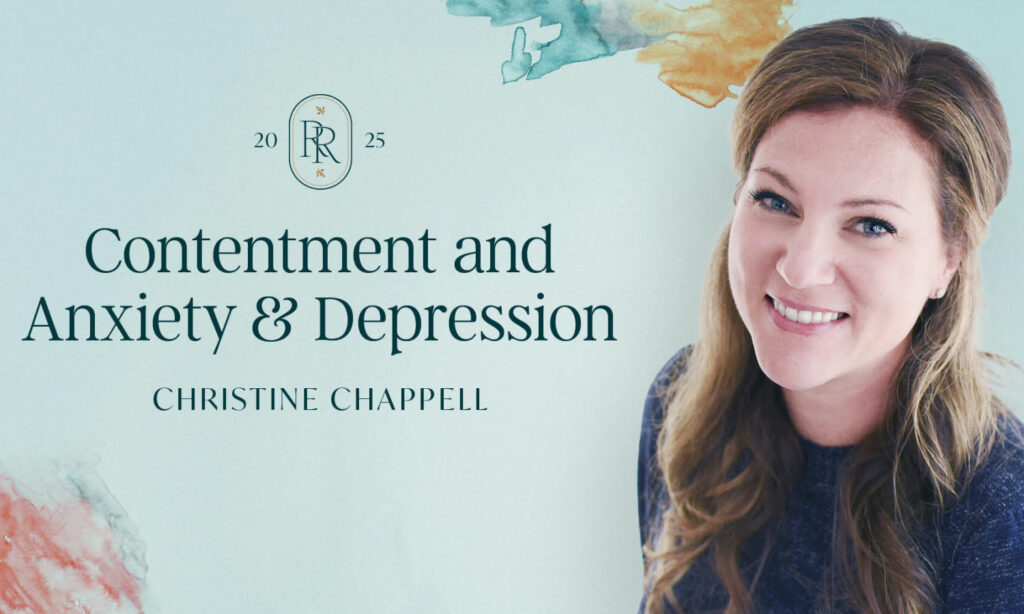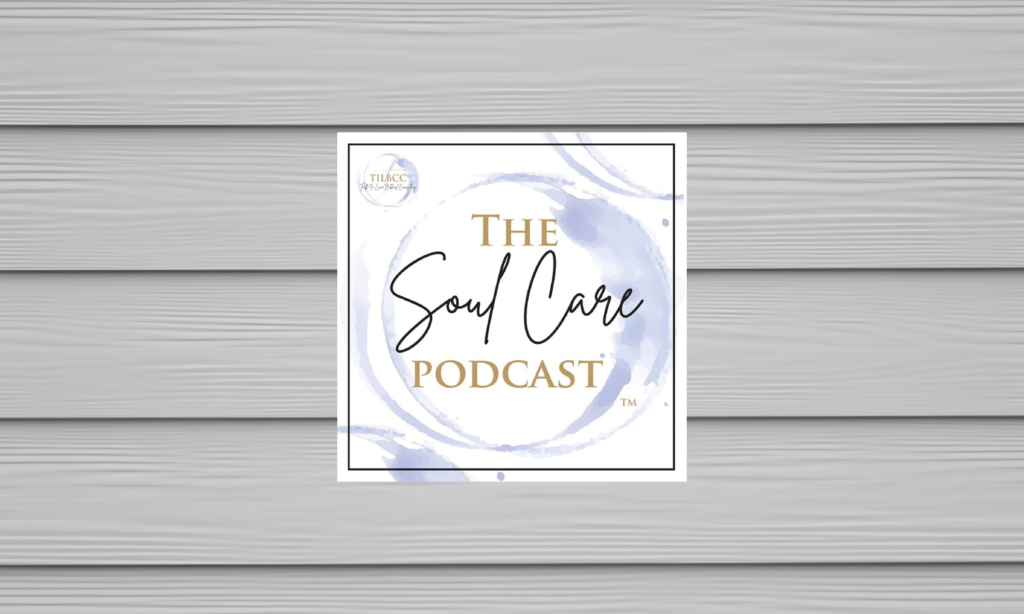Is there ever a time a Christian walks through depression and doesn’t need a discipleship relationship? From personal experience as a sufferer, my answer is a resounding, “No.” However, because the experience of depression has been highly medicalized in secular culture over the decades, insufficient presumptions have seeped into our thinking as Christians. These false pretenses keep us from seeing the value of discipleship in addressing the issue of depression holistically.
It’s understandable why we would turn more quickly to medicine and secular therapy to cope with despondent seasons. Depression hurts—badly. Who volunteers for pain? Who doesn’t grab at the nearest and quickest source of heavily-marketed relief to try and make that pain go away? And when we are told time and time again that our bodies are mechanisms subjectively categorized as either “normal” or “disordered,” then what else are we to ask ourselves but the question, What’s discipleship got to do with it?
Sufferers are facing equally confusing messages from their local churches. I've heard from women who have made the effort to seek care at their church for despondency, only to be turned away. I've experienced similar rejection as well. Although intentional, one-another care is making a resurgence in today's church culture, the restoration of counseling to the church is painstakingly slow and some leaders are hesitant to adopt biblical counseling as a ministry worth investing in. The inevitable result is the subliminal affirmation that depression is an experience which falls outside the realm of the Holy Scriptures, and subsequently, outside the care of the body of Christ as well. And while the treatment of depression may require more than intentional discipleship, it certainly does not require less.
Christians must realize that things didn’t used to be this way. Depression is not something new. God’s people have grappled by faith with deep pain and darkness for generations. Yet, we have become so used to seeing despondency through world-colored glasses, that we are tempted to neglect one of the most helpful resources available to sufferers: Spirit-led, one-another care. Discipleship is not some flabby excess in the realm of treatment options. For the follower of Jesus, discipleship is a critical lifeline of sustaining grace meant to facilitate conformity to Christ for the glory of God and the perseverance of his saints.
It’s understandable why we would turn more quickly to medicine and secular therapy to cope with despondent seasons. Depression hurts—badly. Who volunteers for pain? Who doesn’t grab at the nearest and quickest source of heavily-marketed relief to try and make that pain go away? And when we are told time and time again that our bodies are mechanisms subjectively categorized as either “normal” or “disordered,” then what else are we to ask ourselves but the question, What’s discipleship got to do with it?
Sufferers are facing equally confusing messages from their local churches. I've heard from women who have made the effort to seek care at their church for despondency, only to be turned away. I've experienced similar rejection as well. Although intentional, one-another care is making a resurgence in today's church culture, the restoration of counseling to the church is painstakingly slow and some leaders are hesitant to adopt biblical counseling as a ministry worth investing in. The inevitable result is the subliminal affirmation that depression is an experience which falls outside the realm of the Holy Scriptures, and subsequently, outside the care of the body of Christ as well. And while the treatment of depression may require more than intentional discipleship, it certainly does not require less.
Christians must realize that things didn’t used to be this way. Depression is not something new. God’s people have grappled by faith with deep pain and darkness for generations. Yet, we have become so used to seeing despondency through world-colored glasses, that we are tempted to neglect one of the most helpful resources available to sufferers: Spirit-led, one-another care. Discipleship is not some flabby excess in the realm of treatment options. For the follower of Jesus, discipleship is a critical lifeline of sustaining grace meant to facilitate conformity to Christ for the glory of God and the perseverance of his saints.














